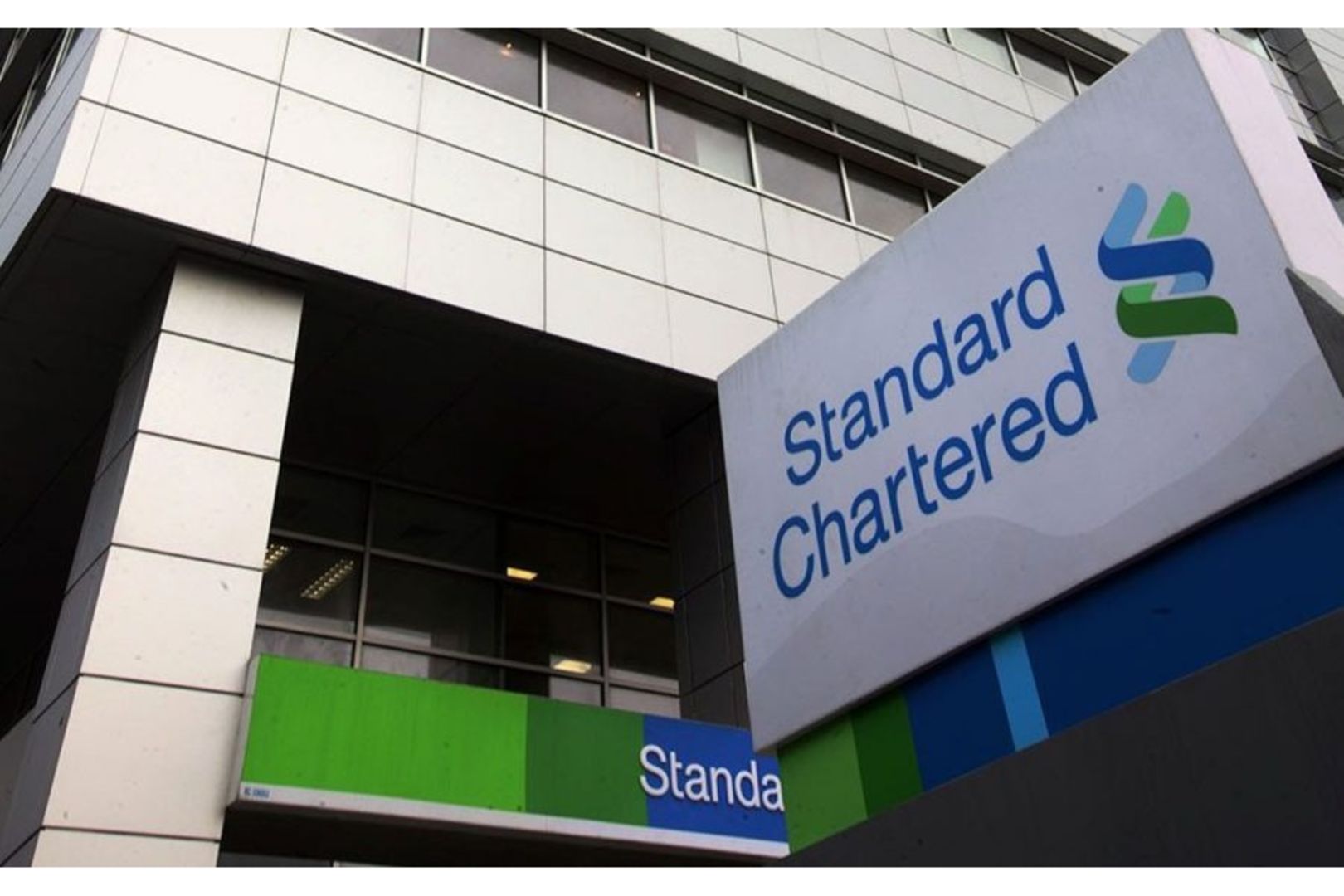The Commercial Division of the High Court of Uganda has ruled that Standard Chartered Bank must compensate a former employee and his wife after wrongfully recalling an approved mortgage facility.
In a detailed judgment delivered by Hon. Lady Justice Patricia Mutesi, court found that the bank’s actions amounted to breach of contract, professional negligence, and violation of financial consumer protection laws.
The court awarded the plaintiffs, Peter Victor Kwagala and his wife Priscilla Mbabazi, UGX 9.01 million in special damages for costs incurred, UGX 50 million in general damages for distress suffered, and imposed interest penalties on the bank.
However, this was lower than the UGX 95 million that the two had prayed for as costs to compensate for various expenditures, which the two had suffered for the wrongful recall of the mortgage facility.
In her ruling, Justice Mutesi noted that Standard Chartered Bank had acted unfairly when it abruptly withdrew a UGX 240 million mortgage facility that had already been approved and contractually committed to the plaintiffs.
The couple had applied for the loan in June 2020 to purchase a property in Kampala’s Kawempe Division, and after meeting all the bank’s conditions, they signed the necessary facility agreement and mortgage deed on August 25, 2020.
However, just days later, on September 4, 2020, the bank recalled the loan, citing an ongoing restructuring process that later led to Kwagala’s termination from the bank on December 3, 2020.
Court rules loan recall was unlawful
The judge ruled that Standard Chartered Bank breached the loan agreement, noting that once Kwagala and his wife signed the facility letter and mortgage deed, the loan had become legally binding and could not be unilaterally withdrawn.
“It is not possible in law to withdraw, or otherwise revoke, a loan offer which has already been accepted by the borrower. Under Section 5(1) of the Contracts Act, 2010, an offer can only be revoked before the communication of its acceptance is completed,” Justice Mutesi ruled, emphasizing that by signing the loan documents, the plaintiffs had already accepted the terms, making it legally binding.
“After the acceptance of an offer is communicated to the offeror, the offer is extinguished. The parties to the resultant contract cannot just walk out of it as and when they wish,” she further noted.
Court also found that bank’s reasoning for recalling the loan – an impending departmental restructuring – did not constitute a valid excuse for breach of contract.
Justice Mutesi noted that Standard Chartered’s explanation that it had received instructions from its holding company to merge the department in which Mr. Kwagala was deployed with another and suspend all staff loan considerations was not legally sufficient to justify a recall, especially given that the restructuring had not yet taken effect at the time the loan was withdrawn.
“While the Defendant had the sole discretion to recall the loan, that discretion was delimited by Clause 3.3 of the facility letter, which prescribed the grounds under which the Defendant could recall the loan. That provision did not expressly anticipate that the Defendant could recall the loan due to restructuring instructions from its holding company even before those instructions were implemented,” Justice Mutesi stated.
Beyond the breach of contract, the court also found that Standard Chartered Bank violated financial consumer protection laws by failing to act fairly, transparently, and in good faith.
Justice Mutesi also noted that whereas Standard Chartered ought to have had the courtesy to inform Mr. Kwagala – as soon as the news of the intended restructuring came in that the disbursement of the loan would be affected – the bank instead kept quiet and could only respond to an inquiry from the plaintiff.
“With no prior warning of the shock that would befall them, the Plaintiffs were left to wallow in anxiety and uncertainty as the vendor pressured them for failing to pay the balance of the purchase price,” Justice Mutesi wrote.
The land had been priced at UGX 300 million, of which the plaintiffs had been required to make a down payment of UGX 60 million.
Mr Kwagala had also been required to clear a staff loan of UGX 23 million, which according to court records, together with the down payment of the land, was cleared with proceeds from their plaintiffs’ savings, friendly loans and sale of their personal car.
Justice Mutesi also noted that the bank unfairly dismissed Priscilla Mbabazi’s role as a joint applicant, despite her employment status being a key factor in loan approval.
“A first key distinctive factor in this case is that the facility letter reflected two joint borrowers [the plaintiffs] and not just one borrower [the 1st plaintiff]. Therefore, even though the 1st plaintiff lost his job, the 2nd Plaintiff, who was still employed and earning her salary, remained creditworthy but the Defendant completely ignored her,” she ruled, noting that she had found it suspicious that the bank demanded full repayment of Kwagala’s existing personal loan before approving the mortgage, only to recall the mortgage days later.
“It is also suspiciously convenient that it was only after the 1st plaintiff fully repaid his prior personal loan that the Defendant decided to recall the new loan,” she noted.
Standard Chartered has been contacted for a comment for this article.
Financial Penalties and Compensation
Thus, court awarded the plaintiffs UGX 9.01 million in special damages, which covered valuation and legal fees, and UGX 50 million in general damages for mental distress and financial hardship caused by the bank’s actions.
Additionally, interest penalties were imposed including a 21% per annum interest on special damages from September 4, 2020 – the date the bank withdrew the loan – until full payment.
A 16% per annum interest on general damages from the date of the judgment until full payment and Standard Chartered Bank was also ordered to cover all legal costs incurred by the plaintiffs.

 Redefining the CFO Role in Oil and Gas: Inside How UNOC’s Emmanuel Mugagga Is Executing Strategy for National Impact
Redefining the CFO Role in Oil and Gas: Inside How UNOC’s Emmanuel Mugagga Is Executing Strategy for National Impact


